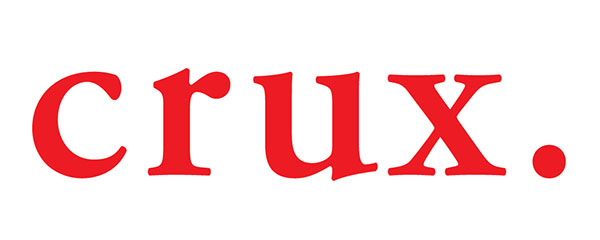Everyone loves a good origin story. Hewlett Packard basically started Silicon Valley in an old garage (now a preserved museum); Sara Blakely dreamed up Spanx after attacking some pantyhose with a pair of scissors; and everyone knows the Man of Steel grew up just down I-70 to the west.
We all love the story of the “hero’s journey” and how that super-successful business person was once a mere mortal like the rest of us. No matter how we all feel about Disney the behemoth, who doesn’t love that “it all started with a mouse” right here in Kansas City? If done correctly, not only can your company’s humble beginnings make for good storytelling, it can also strengthen your brand. But are you even telling it?
Don’t Keep the Book on the Shelf
When Jeanette Prenger started her career as a software engineer in the 1980s, it was hard to find women – especially minority women – working as executives in the IT field. But someone saw a unique ability in her and convinced Jeanette she should start her own business to help other companies implement the new technologies developed in the 1990s. Today, ECCO Select is celebrating 21 years in Kansas City, with more than 200 employees and $35 million in revenue.
ECCO uses Jeanette’s story and background as an integral part of its brand—leveraging her strong civic involvement, local relationships and leader of a minority- and woman-owned business as a way to not only connect with various audiences in the Kansas City area but also grow new business.
Whether your story is a rags-to-riches classic or a funny tale about how you came up with your idea, find a way to tell it that’s easy to repeat and understand. Paul Smith, former director of market research at Proctor & Gamble, had this to say in an interview with Inc.:
“I’m hard-pressed to think of a company that doesn’t have an interesting foundational story. But I suspect there are many that haven’t crafted and told theirs. And they’re important. People want to be part of something bigger than themselves. A nameless, faceless corporation with no real purpose, no story, is not an inspiring place to be.”
Once you decide on your origin story and how you’ll structure it, share it with others! This shouldn’t be a tale you tell only to your close friends—add it to your website, spread it on social media, make sure your staff members can easily recount it with their friends and family. Devote time to your founding story – and how it ties into your mission and vision – during your regular employee meetings. Everyone in your company is an ambassador out in the world, so make sure they all know your company’s story and purpose.
Make it a Real Page-Turner
Maybe after careful consideration you’ve decided your origin story, frankly, isn’t that interesting. Less Smallville, more Snooze-ville. That doesn’t mean there isn’t a tale to tell. After all, no one else followed the same path or overcame the same obstacles. Your challenge is to find a way to connect it with your ideal audience. Elisa Schreiber, marketing partner at Greylock Partners and one of the first TEDx organizers, addressed this topic in Fortune:
“Your story is way more than a chronological history of your company. The biggest mistake most companies make is they start with the love story of the founders … This is the absolute wrong foot to start on. A great story about your company will succinctly capture 1.) what you offer, 2.) to whom, and 3.) why you are different. Nailing this will set the path for every other decision you make going forward.”
Don’t limit yourself to the traditional origin story either. Maybe your name has an interesting back story of its own. For Crux, much of our story can be tied back to our name. I wanted to create a firm that got to the point, to the crux—a marketing firm that concerned itself with substance and only delivered what the client needed to advance its strategy. When I tell that story, I can see it hit home with many business leaders.
Telling your story is such a valuable way to connect with clients and customers. And frankly, that kind of connection is what consumers as a whole are clamoring for. Look at the research of Brené Brown, PhD, author of “Daring Greatly” and “Rising Strong,” and studies like the 2016 Edelman Trust Barometer, CEO.com’s 2015 Social CEO report, and BRANDfog’s 2014: The Global Social CEO Survey. Honesty and transparency are now highly valued in a brand—what better way to start being honest than at the beginning?
Which leaves me just one final question: What’s your story?
“Charlotte’s Web” remains one of Melea McRae’s most-loved stories, but the origin story of Crux is quickly gaining ground. As founder and CEO of Crux, she’s ready to help local companies become their own storytellers to build their business. Ready to get started? Share your thoughts on our Facebook page or on Twitter @findyourcrux.


